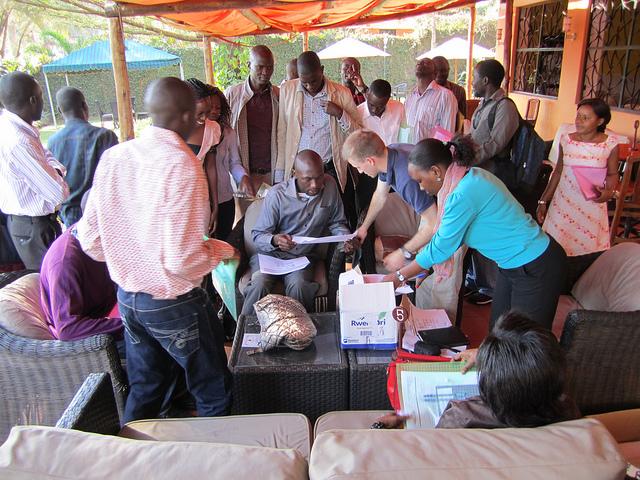In partnership with the United Nations University - World Institute for Development Economics Research, AidData conducted a five-month pilot study on ground-truthing Chinese development finance to Africa. This pilot was undertaken to evaluate information collected in the china.aiddata.org dataset released in April 2013 using a new methodology - Tracking Under-Reported Financial Flows (TUFF). During the study, AidData sent 19 professional enumerators to Uganda and four to South Africa to visit local project locations. While on location, enumerators conducted interviews with officials who were accountable for the projects, allowing them to construct a more accurate narrative for these projects. The working paper with findings from the pilot study was released earlier this week by UNU-WIDER.
During the pilot, AidData uncovered information about 34 percent of the projects in Uganda and 50 percent of the projects in South Africa that are sourced in the China dataset. Shortly after starting in-country research, it became clear that many of the official finance project records in the dataset were insufficiently tangible for ground-truthing, e.g. many records in the database pertained to bilateral agreements or transactions between China and the partner country and did not have a physical project site that researchers could visit.

Austin Strange, one of the authors of the working paper released by UNU-WIDER, conducts interviews during the ground-truthing pilot study in Uganda.
The findings from the UNU-WIDER report indicate that, among the projects researchers could visit, there was broad agreement between the project data generated from TUFF and the ground-truthing data. Enumerators did identify new information for 18 out of 36 total projects in South Africa and 25 out of 42 projects in Uganda. This field-based data collection method offers less risk of data contamination because the information flows directly from the project site to the researcher. However, the application of the ground-truthing methodology also revealed that many projects identified through the TUFF methodology would have likely never been identified through field-based interviews and site visits. This study provides evidence that the TUFF methodology is not only a valuable way to track development finance flows, but that it also complements field-based data collection methods. To learn more about the ground-truthing pilot in Uganda and South Africa undertaken by researchers from AidData and its partners from the University of Cape Town and Zhejiang University, read a comprehensive report of the findings here.
